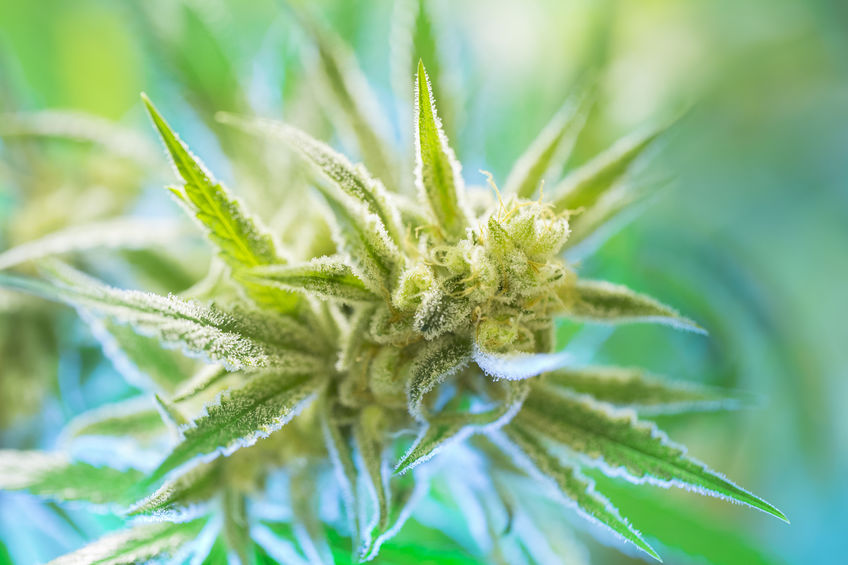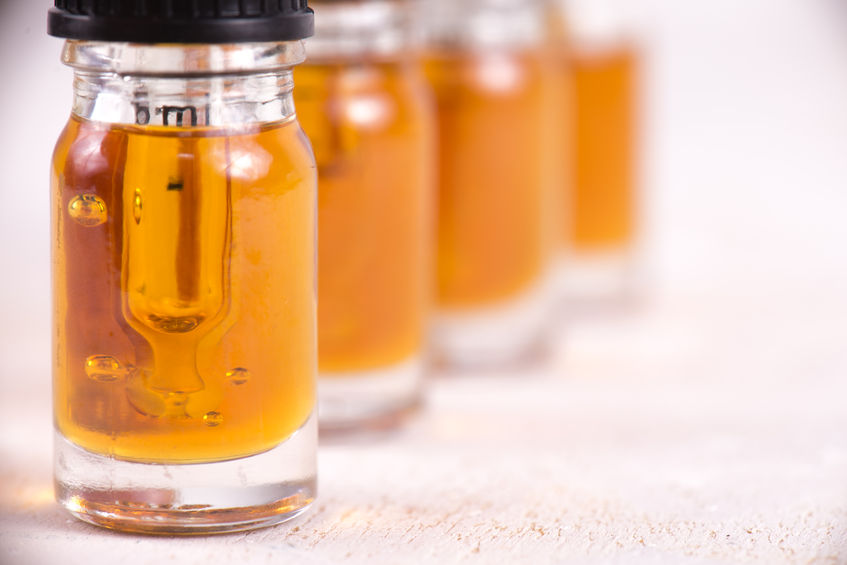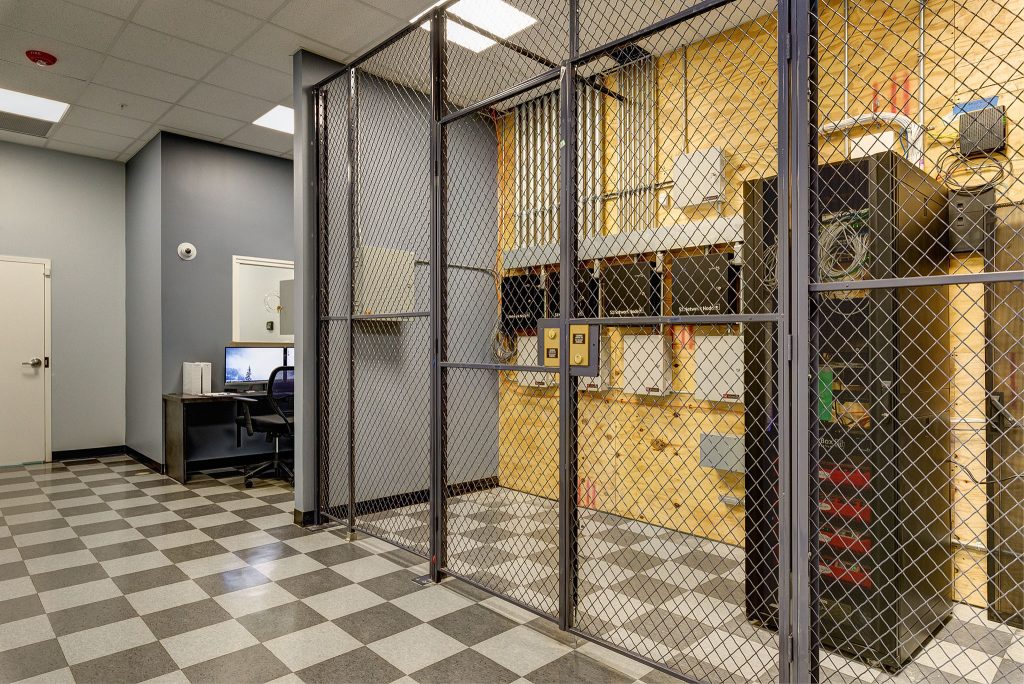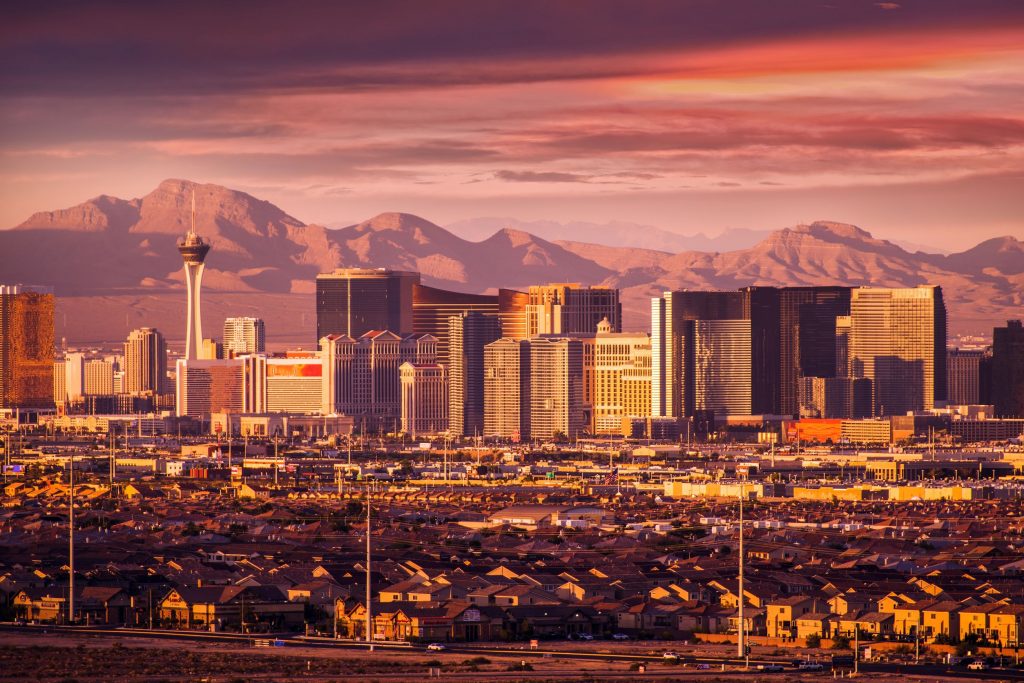Category: public consumption
Cannabis Extraction: What Exactly Does it Mean?
Cannabis extraction, sometimes referred to as processing, is one of the fastest growing sectors in the industry. In fact, over 50 percent of cannabis sales are concentrates and infused products created by extraction. To give you an idea, Illinois’ medical cannabis program in 2018 saw concentrates and infused products out-sell flower for the first time since its inception. Let’s take a closer look to better understand what extraction entails.
What is Cannabis Extraction?
Extraction refers to the conversion of target molecules in cannabis raw material into a usable form. The process removes the oil found in the trichomes from the cannabis plant and targets and collects the most potent compounds from the plants, including THC, CBD, and terpenes, among others.
Why is it Important?
For one, cannabis extraction creates versatility for products and methods of administration, providing many viable options for consumers. Cannabis extractions are also known as concentrates, and they are stronger than flower, presenting with higher cannabinoid and THC content. According to Maximum Yield, “Extraction is a common practice performed for a number of different reasons, ranging from increasing marijuana’s medical benefits to producing a more potent recreational product.”
What are the Methods of Extraction and Where does it Take Place?
The three most popular methods of extraction are CO2, hydrocarbon, and ethanol. CO2 extraction occurs when carbon dioxide is pressurized in metal tanks until it converts into a supercritical fluid. As MJBiz Daily describes it, “The fluid pulls out the desirable compounds from the flower. The fluid is then separated, leaving only concentrates.” During hydrocarbon extraction, butane or propane dissolves raw cannabis matter and collects cannabinoids and terpenes. “The solvent with the essential oils is then heated up to evaporate off the butane or propane, leaving behind the extract.” Ethanol extraction is performed by soaking raw cannabis in ethanol to capture trichomes into the solvent. “The cannabis is then removed; the liquid is filtered and the alcohol purged from the extracted material.”
The extraction method often depends on the facility. According to Leafly, “Some shops are devoted to CO2-based extractions, others operate mostly on butane-centric machinery, and a few employ machines of both stripes and more. Some will have large-scale machines for extracting cannabinoids—as well as other important cannabis compounds like terpenes—from big batches of flower, and smaller setups that let them conduct experiments on the side.”
“Every step of the extraction process demands a balance of art and science, beginning with the selection of starting material and ending with the purging and storage process.”
What Products are Created from Extraction?
Extractions gives cannabis users options when it comes to consumption. “Entrepreneurs have turned the full power of modern chemistry on cannabis,” according to Leafly. “Their goal has been to find ways to extract the cannabinoids giving the plant its character and effects, providing a way to enjoy the sensations associated with cannabis without having to smoke the actual flower.”
Products in highest demand include:
- Tinctures: Cannabis-infused liquid in bottles with droppers that are administered sublingually or under the tongue
- Capsules: Cannabis concentrates ingested orally in capsule form, ranging from single cannabinoid to full-spectrum or strain-specific oil
- Vaporizer Cartridges: Oil-filled cartridges that connect to a battery that are vaporized
- Hash: Vaporized, dabbed, or smoked, hash is a pressed concentration of the cannabis plant’s sticky glands
- Shatter, Wax, and Dabbable Oils: Ingested orally, these are oils refined by a solvent like butane or CO2
Conclusion
Just like with a cultivation and retail business, an extraction facility requires a license to operate. Extraction laws, licensing processes, and regulations vary by state and municipality. That’s the first step, and understanding the intricacies and nuances of extraction comes next. Per Leafly, “The knowledge and care that goes into extracting oils is as complicated as the art of growing the plants they are derived from. Every step of the extraction process demands a balance of art and science, beginning with the selection of starting material and ending with the purging and storage process.”
Cannabis Public Consumption: The Next Big Industry Development
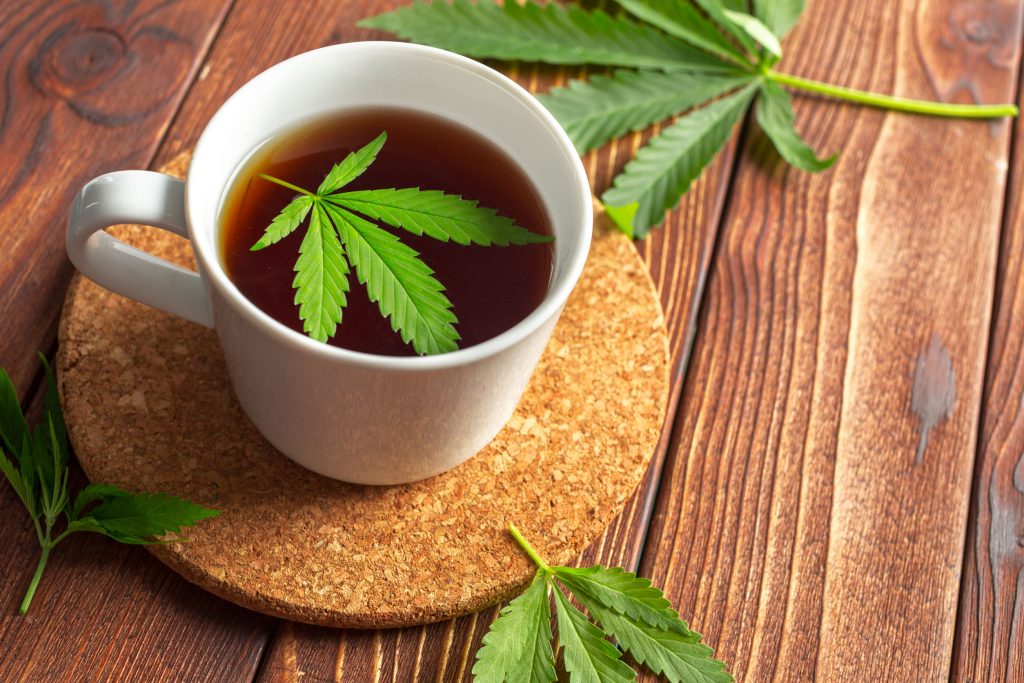
With cannabis going mainstream and now firmly established as the fastest growing industry in America, business owners and state officials are partnering to create more opportunities for public consumption. Unlike with liquor at bars, restaurants, clubs, etc., one cannot legally purchase cannabis and use it onsite. So what gives? Public or social consumption of cannabis has been viewed as anathema by local governments, especially since it clashes with clean air ordinances. The tide is turning, though, as in the last few months a handful of states have passed new laws allowing licenses for cannabis lounges and other social spaces where consumers can legally consume products.
Alaska
Alaska Lt. Gov. Kevin Meyer (R) signed new regulations into law in March of 2019, issuing permits to businesses authorizing onsite consumption. The so-called “special onsite use endorsement” stipulates that consumption areas need to be physically separated from retail spaces, either by a wall and a secure door or an outdoor patio. The onus is on business owners to provide security plans and adequate ventilation. As is the case with most public consumption programs, local governments in Alaska will have the authority to prohibit onsite use outright or to tighten restrictions, including limiting consumption to vaping only.
California
The birthplace of social cannabis lounges in the U.S., California, is expected to open many more in the next couple of years. San Francisco leads the way with the most cannabis lounges, but recent legislation coming out of Los Angeles County will make municipalities like Los Angeles and West Hollywood the next leaders. LA county has been fielding social cannabis business applications since January of 2018, and West Hollywood changed codes and zoning regulations to allow public consumption in certain cafes and smoking lounges, and recently Assembly Bill 1465 was introduced that will allow smoking, vaping, and eating edibles.
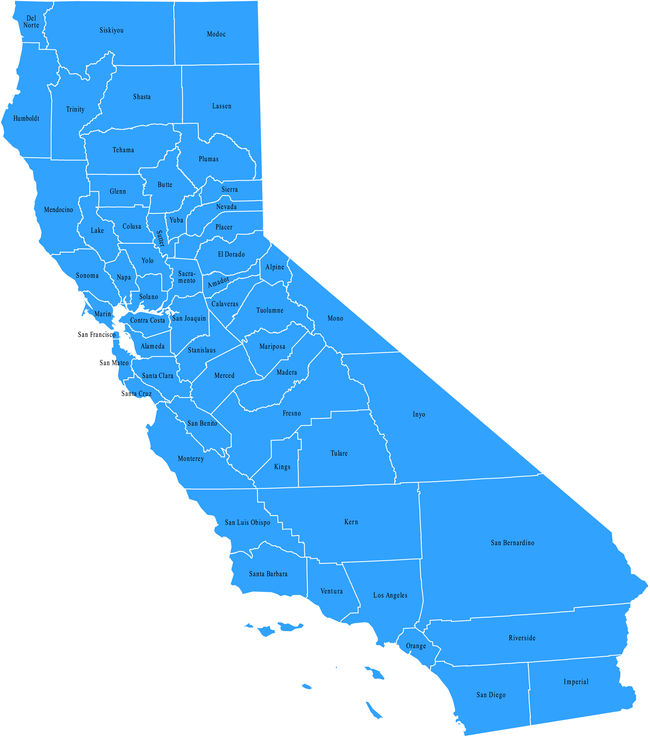
“Another big move: West Hollywood will allow chefs to infuse cannabis into pre-planned and on-demand menus for onsite customers at new restaurants,” according to Forbes. “As the cafes come online over the next 12 months, West Hollywood will have more than double the number of cafes and lounges of any other city.”
Colorado
Colorado is the latest state to pass public consumption. House Bill 1230, set to take effect at the start of 2020, establishes regulations for retail stores to set up social consumption lounges, as well as allowing for mobile and temporary licenses. This means that businesses like music venues, art galleries, yoga studios, restaurants, and hotels can obtain public consumption permits and licenses for limited cannabis sales. There’s also a pathway for awarding temporary licenses for special events.
Colorado’s Marijuana Enforcement Division will process licence applications and serve as the state’s regulatory board. Per High Times “Like any industry’s regulatory requirements, businesses will still have to clear a few hurdles before they can let customers light up. First, business owners and cannabis advocates will have to convince local governments to opt in to the new law. Otherwise, the state won’t award a public consumption license. House Bill 1230 also gives local governments the authority to tweak the rules for public consumption. Towns could, for example, only approve certain forms of consumption.”
Illinois
The Illinois Cannabis Regulation & Tax Act includes an exemption to the Smoke-Free Illinois Act, which prohibits outdoor smoking, allowing cities to determine if they want to permit on-site cannabis use at lounges, bars, restaurants, and other places of business. For now, the state is leaving it up localities to opt in or out to public consumption. The City of Chicago is weighing its options. “The regulations around on-site consumption have not yet been finalized,” said Lauren Huffman, a city spokeswoman in an interview with The Chicago Sun-Times in September, 2019. “We are taking the initial step of introducing zoning regulations so we can start to give businesses certainty around where dispensaries will be located. We have not yet made final decisions around where and how on site consumption will be regulated, but are having ongoing conversations with our partners in the industry, the community and the City Council around the best way to regulate the practice.”
Nevada
Nevada’s recreational cannabis programs began in 2016, and now public consumption licenses will be granted. The Las Vegas City Council in May 2019 voted to allow existing cannabis businesses to apply for permits to open consumption lounges. Clark County Commissioner and former state senator Tick Segerblom, who is also considered Nevada’s cannabis ambassador, told the USA Today Network, “We’re the new Amsterdam. That should be a concern to gaming companies. They’re concerned about (lounges) making money outside the hotels. They’re worried the longer this goes outside hotels, the more established they’ll get. As a business person, I would be concerned too.”
While Las Vegas cannabis businesses hope to cash in on weed tourism, the gaming community wants to wall off its hotels and casinos. The Nevada Gaming Control Board, which has taken a conservative stance on cannabis, brokered a compromise with the city to create a 1,000 foot buffer between gaming establishments and cannabis lounges.
One business that’s not compromising or sparing any expense is Acres Cannabis, a 19,000 square-foot dispensary set to roll out a social consumption lounge that will include a concert hall and full-service kitchen launched with the Morton family of Morton’s The Steakhouse in Chicago.
According to msn.com, “After the city builds an application, 20 dispensaries – already open or forthcoming in Las Vegas this year – can apply for licenses to open lounges prohibited from selling alcohol. The ordinance excludes dispensaries on The Strip, which is controlled by Clark County, not the city of Las Vegas, as well as Henderson and North Las Vegas.”
What State Will be Next?
The new trend of public consumption is expected to expand, especially with new states like Illinois passing adult use programs. Oregon, currently a medical and recreational use state, appears next on the horizon. If passed, Senate Bill 639 would require the Oregon Liquor Control Commission to regulate social consumption businesses and event spaces, allow for the sale of cannabis in these clubs, tasting tours on farms and expanded legal cannabis delivery into private and temporary residences.
